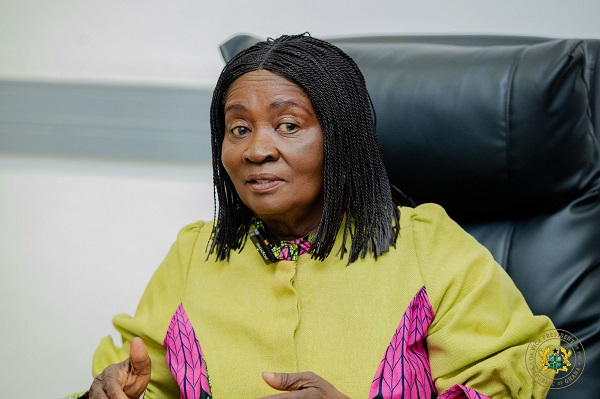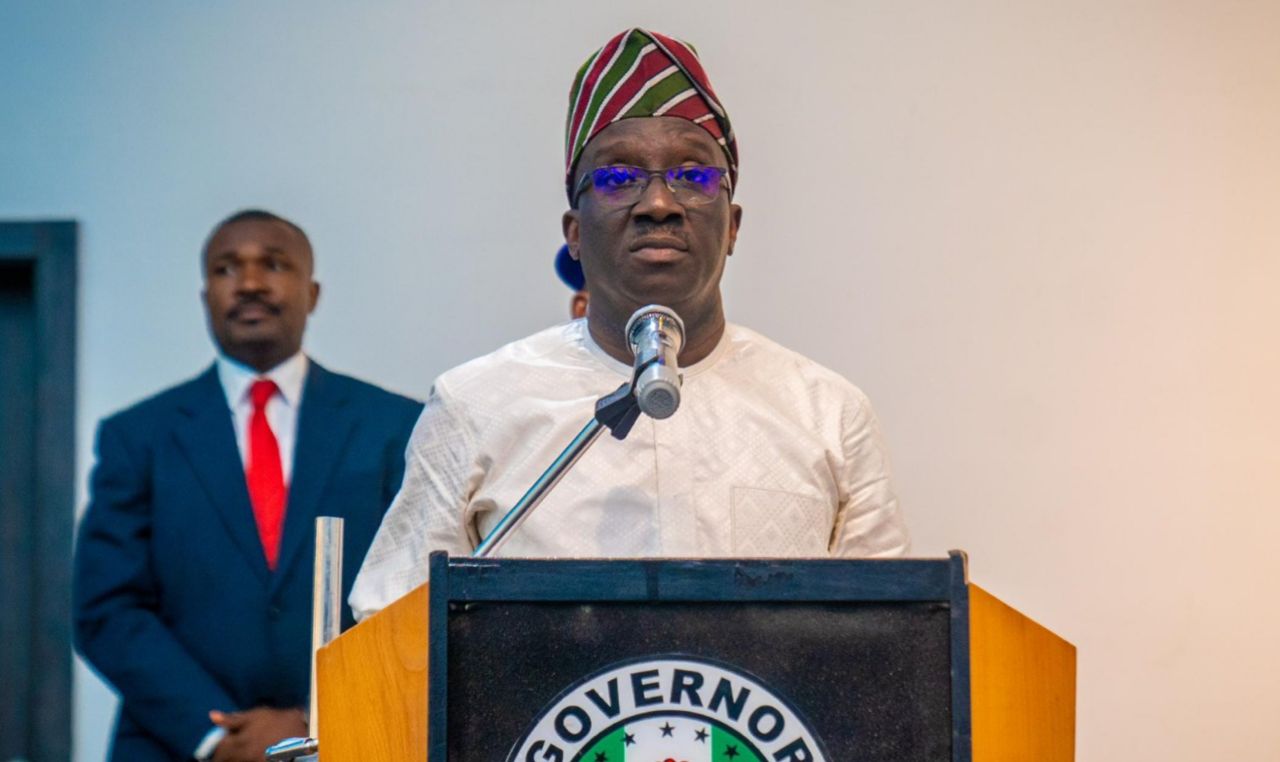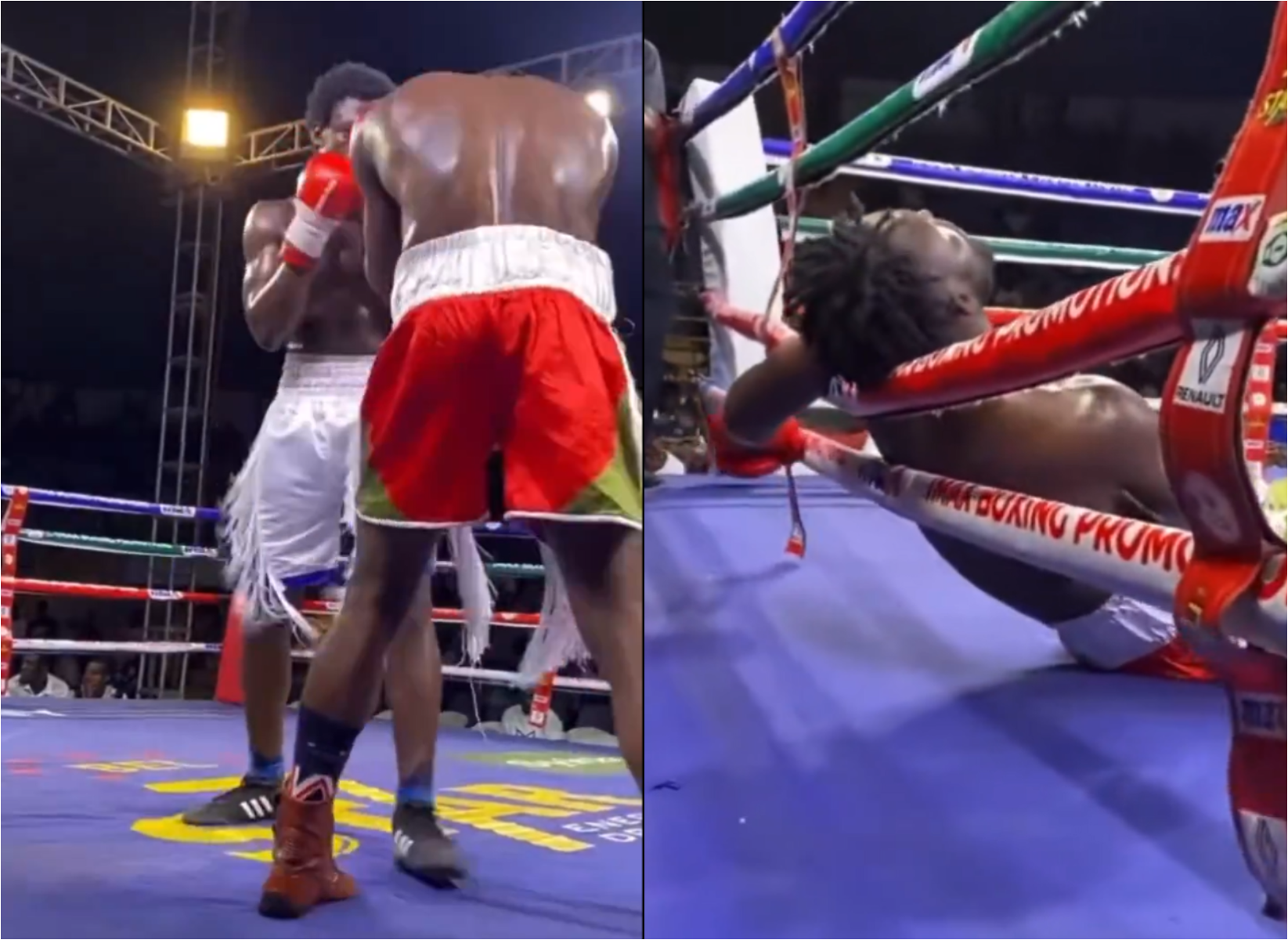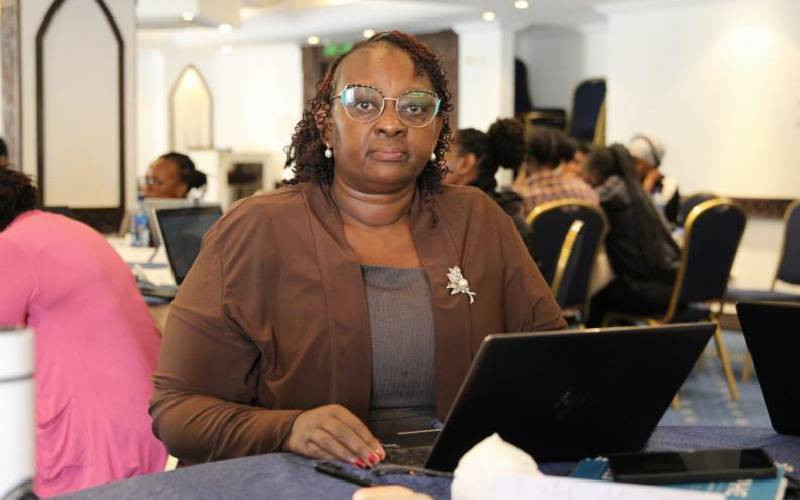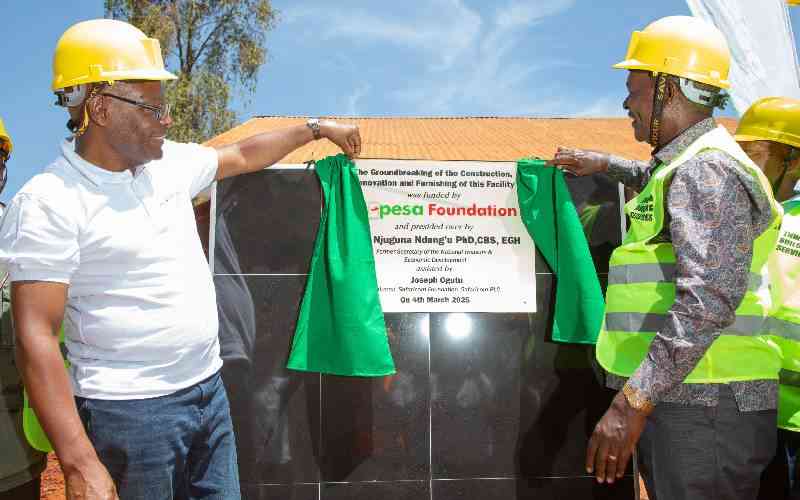Specialized Services Offer Relief to Mothers in Narok Hospital
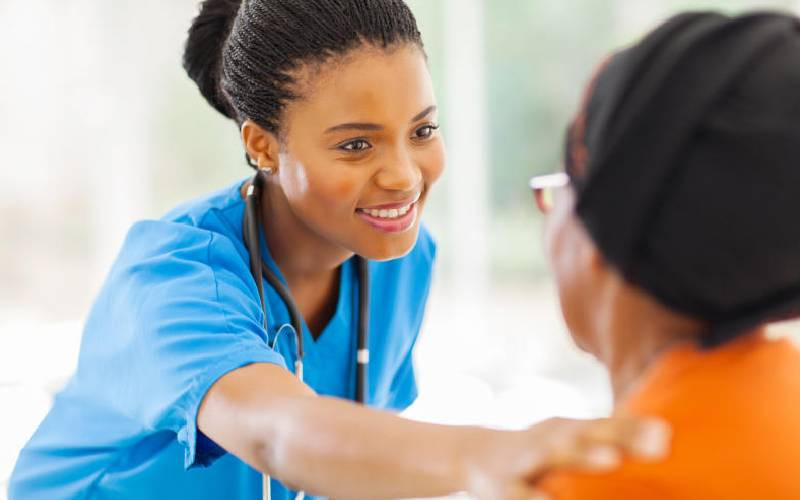
In a remote corner of Narok County, approximately 108 kilometers west of Narok Town and a mere 12 kilometers from the renowned Maasai Mara National Reserve, lies Talek Health Center. This faith-based facility, recently upgraded from a Level 3 to a Level 3b hospital in March 2024, is a beacon of hope for the local community. For many years, the residents of this region faced immense challenges in accessing adequate healthcare, particularly for maternal and child health. The vast distances to proper medical facilities often resulted in tragic outcomes, with mothers and infants losing their lives due to preventable complications.
Melio Musanka, a 25-year-old Maasai woman, embodies the struggles faced by many in the region. Dressed in traditional attire, she cradles her son in the waiting bay, a testament to her unwavering determination to seek the best possible care for her child. As a mother of four, Musanka reveals that all her previous children were born at home, a common practice in the area due to the inaccessibility of healthcare facilities. Her youngest child, however, presented unique challenges. At just one month old, Musanka noticed developmental delays, prompting her to seek medical attention. The diagnosis was cerebral palsy, a condition that requires specialized care and ongoing support.
Musanka's story highlights the critical need for accessible healthcare in remote regions. "Ever since I was born, I have never seen the need to go to the hospital because of the distance," she explains. "I delivered all my babies at home with the help of my mother-in-law. So when I got my youngest child in 2021, all was well until I started noticing milestones delay. All his agemates have now started school."
The transformation of Talek Health Center is a game-changer for the community. Miriam Koikai, a local hotelier, shares her personal experience of hope and relief. After enduring seven miscarriages, Koikai found solace and support at the facility. She visited Talek Health Center in February with a high-risk pregnancy and successfully delivered a preterm baby through caesarian section. "It's been three weeks now. The baby is peaking," Koikai exclaims with joy. "The first week she lost some weight, 50 grams, but after that, she started peaking and peaking. She was delivered at 1.3 kgs and now she is 1.6 kgs."
Angela Mepuki, a dedicated medical officer at Talek Hospital since its inception, emphasizes the significance of the facility's upgrade. It is the first in the Masai Mara region to offer assisted deliveries, significantly enhancing access to maternal care. Mepuki explains that Koikai's miscarriages were attributed to a bicornuate uterus, a condition where the uterus is divided into two, hindering the baby's ability to develop to full term.
Talek Health Facility Manager Erick Otieno vividly describes the dire situation that once prevailed in the region. "One can imagine the distress the mothers would endure during that travel. Some would end up losing their babies and others would also lose their lives. For decades inadequate facilities and equipment made this region experience some of Kenya's worst maternal and child health outcomes since they had to travel for hundreds of kilometres to get proper medical care," Otieno says.
To address these challenges, the M-PESA Foundation partnered with Gertrude's Children's Hospital to establish a telemedicine center at Talek Health Center. This innovative initiative, known as Daktari Smart, enables patients to consult with specialists virtually, eliminating the need for costly and time-consuming travel to distant urban centers. Vincent Watachum, the telemedicine coordinator, explains that the center facilitates access to pediatricians and other specialists from Gertrude's Children's Hospital, ensuring that even the most remote communities can receive expert medical advice.
"There were a lot of incidents of patients moving here to Nauru for a pediatrician which in the past has never happened," Watachum notes. "Also known as Daktari Smart, telemedicine ensures access to specialist consultations from Gatewood Children's Hospital, eliminating the need for patients to travel to either Nauru town or Nairobi."
The telemedicine process is simple and efficient. Once a patient arrives at the facility, tests are conducted, and a virtual consultation is scheduled with a specialist from Gertrude's Hospital. Patients only pay for medication, while the consultation and other services are provided free of charge. This significantly reduces the financial burden on families seeking specialized medical care.
Dr. Carol Waweru, the manager of Gertrude's Hospital Foundation, highlights the reach of their telemedicine program. "We are running telemedicine services for children aged 0 to 21 years. So children around Narok West and the entire Narok County can receive consultation from our specialists through telemedicine," Dr. Waweru says. The program extends to other remote areas, including Samburu, Baringo, Lamu, and Homa Bay, effectively breaking down geographical barriers to healthcare access.
Despite the program's success, challenges remain. Power outages can disrupt telemedicine services, but the program has already benefited 2,500 children. To raise awareness about the available services, Talek Health Center collaborates with community health volunteers who connect residents in remote areas to the facility.
Talek Health Center has been serving the community for three decades. According to the facility manager, the newly launched maternal and child care unit has helped reduce the cases of childbirth defects. "We see a lot of children with cerebral palsy, and this is a pointer towards some of the incidences they experienced in the past where there was a lack of resuscitation or prolonged labour or the babies were delivered under some difficult situations, and they could not get help at the right time," Otieno says.
The M-Pesa Foundation emphasizes that their initiative extends beyond infrastructure development. It is a direct result of M-Pesa's robust financial and digital ecosystem, enabling seamless transactions, funding, and access to medical care. "Our health programs are very, very vibrant, so we work in infrastructure improvement in maternal units, maternal child health units, over and above that, in some areas, we have programs around educating people in the community on the importance of antenatal and postnatal care and also delivering in hospitals. Over and above maternal health, we also have medical camps. These have become some of the biggest and most popular," Safaricom Foundation Manager says.
The impact of these interventions is significant. "Prevention is better than cure. If I give a rough estimate, we've been able to transform almost 77 million lives in health and also through all these interventions. I've been to so many hospitals and gynecologists but no one has ever discovered my problem," says a grateful resident.
As M-Pesa celebrates its 18th anniversary, the residents of Talek in Narok County are celebrating the positive impact made by its foundation in the Maasai Mara region. This milestone comes a year after the M-Pesa Foundation partnered with Gertrude Children's Hospital to set up a telemedicine center, further solidifying access to medical care for expectant mothers and their children.

